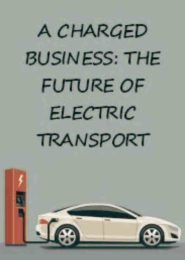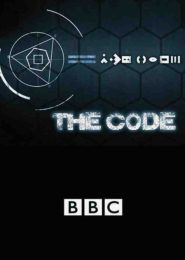The Perfect Human Being (2015)
The Perfect Human Being, a documentary series produced by VPRO, invites viewers on a journey into the realm of scientific possibilities that could reshape the very essence of human existence.
Episode 3, titled “Tinkering with the Soul,” dives deep into the intricate tapestry of human genetics.
Amidst the landscape of scientific inquiry, this series embarks on an exploration of our genetic makeup, seeking more than just a comprehensive understanding—it aims to unlock the secrets that underpin our very being.
Robert Plomin, a psychologist based in London, takes center stage. His research plunges into the enigmatic world of talent and intelligence.
Genes, those minuscule strands of biological code, hold immense power. They shape not only our physical traits but also our cognitive abilities.
The question lingers: Is talent genetic? Can we predict a child’s potential by scanning their DNA? The implications are awe-inspiring.
Twin studies provide compelling evidence. Identical twins, entwined by shared genes, often exhibit striking similarities in intelligence.
Their cognitive abilities unfold meticulously, like a tailor-crafted suit. But it’s not merely nature versus nurture; it’s a dance between the two. Our suite of genes interacts with the world, responding to stimuli and adapting.
The future, stark and daunting, looms before us. Imagine scanning a newborn’s DNA, seeking clues to their intellectual prowess.
Parents armed with knowledge could tailor education, ensuring the utmost support for their child’s unique abilities. It’s not science fiction; it’s the precipice of possibility.
However, we tread perilous ground. The allure of enhancing human potential is undeniable, but ethical complexities arise. H
ow do we wield this newfound knowledge responsibly? How do we navigate the delicate balance between enhancement and unintended consequences?
The Perfect Human Being unfolds is a story that reveals secrets and challenges our perceptions. It’s not only about unraveling the enigma of talent; it’s about our shared resilience as a species.




